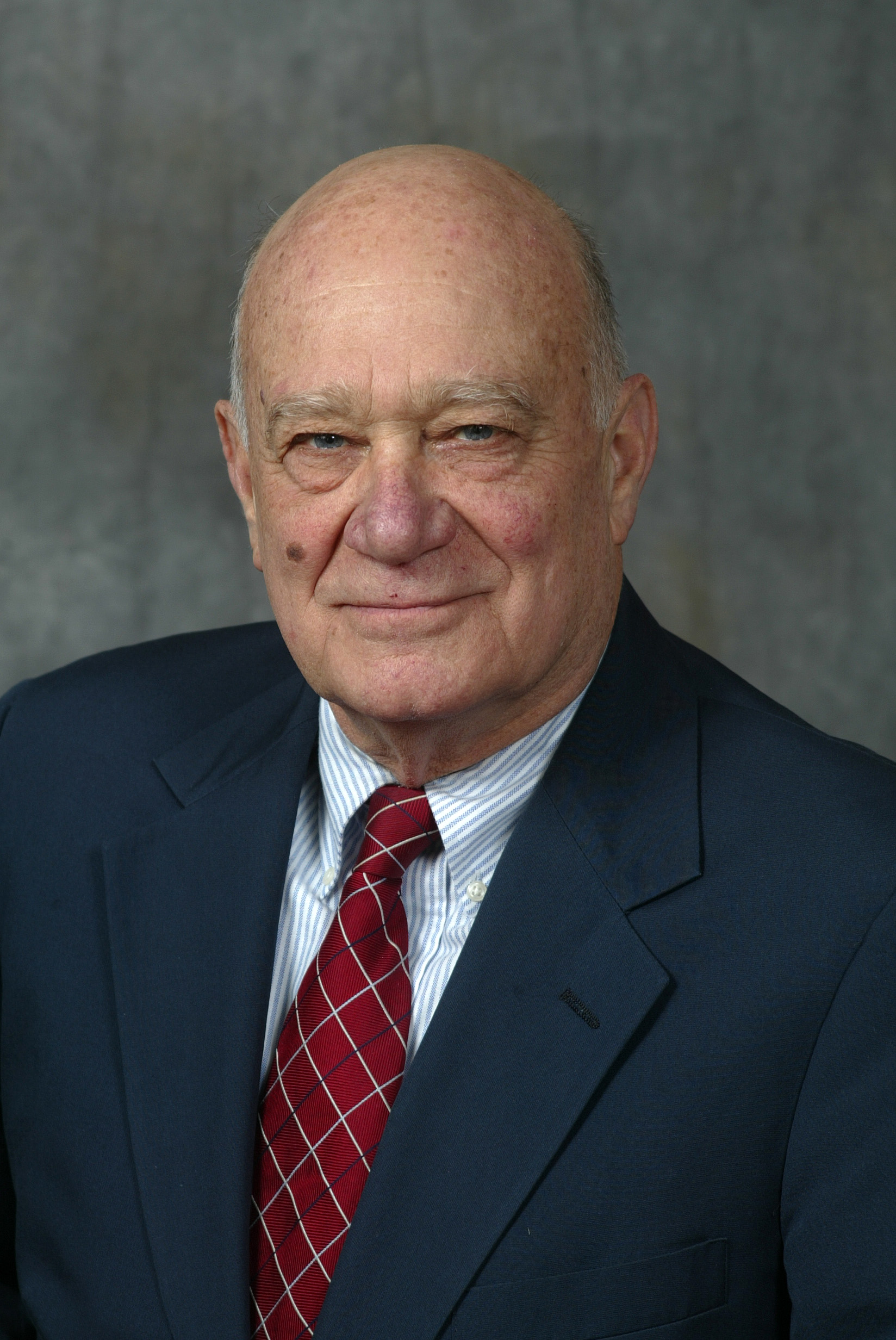I am a big fan of “virtue signaling,” provided it is done thoughtfully with humility and with empathy for others.
As Michael Sandel points out in his book “The Tyranny of Merit,” there is a risk that folks who have been successful become arrogant and condescending toward others who they see as failing due to their own limitations.
Sandel emphasizes, as does Leah Libresco Sargeant in a provocative essay “Dependence,” that all of us are nurtured by others and there can be factors of class, race, ethnicity and luck in what happens in all of our lives.
The Google dictionary defines “virtue signaling” as “the action or practice of publicly expressing opinions or sentiments intended to demonstrate one’s good character or the moral correctness of one’s position on a particular issue.”
Don’t we need more of that to show with our daily words what we value and what our principles are? However, Google dictionary immediately warns that “it’s noticeable how often virtue signaling consists of saying you hate things.”
This line of thinking, of course, leads us to current controversies over the disgraced Donald Trump, so much egregious, hateful conduct already revealed and more to be shown if a Jan. 6 commission probes his “Big Lie” conduct {Trump’s life has been a succession of big lies commencing with his racist “birther” attacks on Barack Obama).
New School Professor Susan Shapiro has published an incisive analysis of “times when it is OK not to forgive.” (Five of the six major reasons she advances clearly apply to Donald Trump and probably the sixth as well. Even people who supported Trump say he shows no remorse for the terrorism at the Capitol on Jan. 6 and, indeed, seems never to have apologized for anything.)
A former Trump supporter, the conservative New York Post said Trump should “halt the insanity” of his big lie about the 2020 election and a Wall Street Journal lead editorial last week said that Trump’s conduct has been so horrific it doesn’t matter if he was not impeached or if he tries to run for president in 2024, because “he will never win another national election.”
What would you place on a list of Trump’s “virtues?”
Shapiro is right, as historians David Blight, Douglas Brinkley and others contend that Trump has been a disgrace and should never be forgiven. Remembering his abuses is a way of guarding against similar dangers in the future.
Canadian writer Rondi Adamson advances the positivity of virtue signaling in a recent opinion piece, “America Is Back. Where Were You?” Adamson compares Biden’s victory with Justin Trudeau’s success against a repressive regime in Canada in 2019. Adamson concludes that in fair and free elections democracy triumphed because “agreed upon good people” were elected in the United States and in Canada.
This does not guarantee that all will go smoothly, but words matter. Adamson shows a variety of ways that Biden and Trudeau engaged in “virtue signaling.” Both selected diverse cabinets of respected leaders. Showing humanity, empathy and commitment to the public good offers the best chance to make societies more inclusive, fair and progressive.
For Adamson Biden and Trudeau’s virtue signaling was based on lives of fundamental decency and respect for others, quite a contrast from the bitter, embattled Trump (recently described as a bully by a seventh grader in a letter to Blank Slate Media).
The virtue signaling theme is dramatically advanced in my favorite book of the past year, “Breaking Bread With The Dead” by Alan Jacobs. The author highlights core values so celebrated by Abraham Lincoln and at the heart of ”virtue signaling” that we owe a debt to individuals who verbally, even if not always in actions, provide “beacons” for a better society.
Even when they fall significantly short of reaching ideal goals (either in the context of their own times or by our present day standards), we owe such virtue signalers a huge debt of gratitude for putting noble values and goals in the public arena and having a chance to attract more supporters in their day or in subsequent times.
For Michael Sandel in another of his books, “Justice,” and for Leah Libresco Sargeant (“The True Value of Parenting,” New York Times Sunday Review, Feb. 21) virtue signaling is a summons by folks of good values and goals to others to join quests for res publica (the public good).



